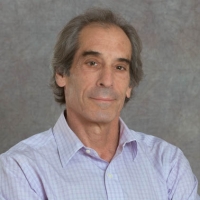Reiner Center for Behavioral and Psychosomatic Medicine
Since its establishment in 2004, the Reiner Center for Behavioral and Psychosomatic Medicine has aimed to understand the contribution of psychological, psychosocial, and behavioral factors to the onset, progression, and management of physical and mental disease, to identify the relevant pathophysiological mechanisms linking psychological states to disease, to develop treatment interventions targeting these mechanisms, and to train scientists and clinicians to appreciate the importance of these factors. Staff include MDs, PhDs, CSWs, and administrative staff. Projects range across a transdisciplinary spectrum from social to subcellular levels.
Investigators study the role the autonomic nervous system as a candidate mechanism linking psychological characteristics of depression and hostility to the pathophysiology of coronary artery disease, integrate the fields of psychopathology, developmental psychobiology, and perinatal psychiatry to focus on the earliest influences on children’s developmental trajectories— including those that happen in utero—and how to intervene early to prevent mental health problems, and combine basic biology, neuroscience, stress physiology, and mitochondrial medicine to explore conserved organizing principles of mitochondrial signal transduction, and examine the underlying mechanisms that operate across levels of complexity – from organelle to organism.
Leadership
Ralph Wharton, MD
- Co-Director

